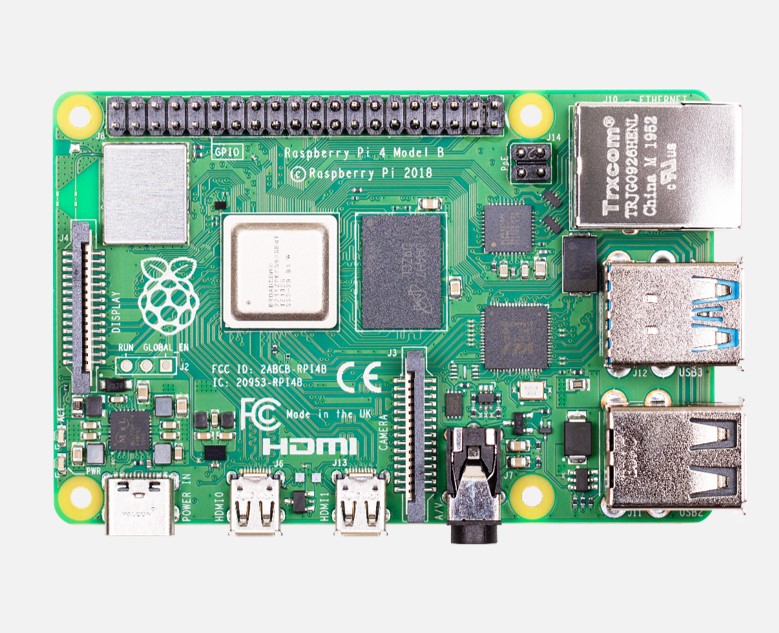Raspberry Pi 4
New Raspberry Pi 4 variant has 8Gbyte memory
Farnell is launching a new variant of the Raspberry Pi 4 Model B computer with 8Gbyte of on-board memory, offering double the capacity of the existing high-end model.
The additional memory improves the performance of data-intensive applications, making the 8Gbyte version an attractive solution for general desktop computer users, hobbyists and makers, and professional developers alike.

Offering a balance of processing, storage and cost, the 8Gbyte board is suitable for applications which require real-time processing of large amounts of data with minimal latency, such as edge gateways, machine vision and facial recognition.
For imaging applications, its functionality can be further enhanced by the addition of the recently released Raspberry Pi 12MP High Quality Camera with interchangeable lenses, ideal for both professional computer vision applications and photography enthusiasts.
Desktop PC users will appreciate having the greater capacity of the 8Gbyte board to support web browsing, ultra-high-definition video streaming, cloud gaming, and image processing without time delay or latency.
Raspberry Pi’s market-proven hardware speeds up development and prototyping of complex applications, greatly reducing costs for professionals and start-ups. Developers can now focus less on hardware and spend more time focusing on value-added software elements.
An 8Gbyte version of Raspberry Pi 4 was considered early in the Pi 4 programme, and even made it into some documents, but there was no suitable memory to make a product.
“The BCM2711 chip that we use on Raspberry Pi 4 can address up to 16Gbyte of LPDDR4 SDRAM, so the real barrier to our offering a larger-memory variant was the lack of an 8Gbyte LPDDR4 package,” according to Raspberry Pi Trading CEO Eben Upton, writing in the Raspberry Pi blog. “These didn’t exist, at least in a form that we could address, in 2019, but happily our partners at Micron stepped up earlier this year with a suitable part.”
The default operating system, now renamed ‘Raspberry Pi OS’ from ‘Raspbian’, remains 32bit. It “uses a 32bit LPAE kernel and a 32bit userland. This allows multiple processes to share all 8Gbyte of memory, subject to the restriction that no single process can use more than 3Gbyte”, said Upton, who added that a 64bit version of the operating system does exist in beta form.
For heavy users needing to map the whole 8Gbyte to a single process now with a 64-bit userland, Upton recommends existing Raspberry Pi ports including Ubuntu and Gentoo.
Comments